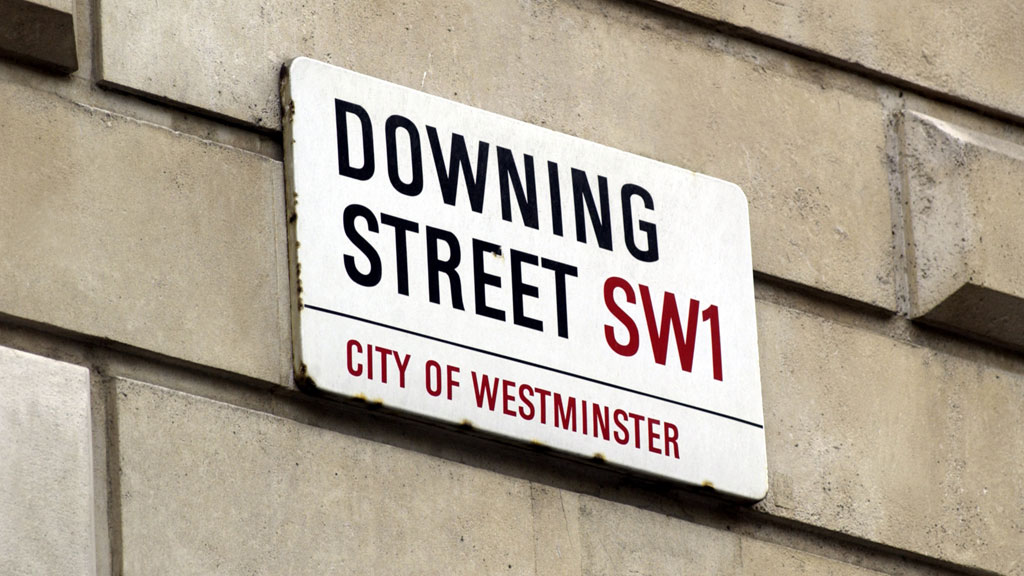Downing Street police arrested in ‘extreme porn’ probe
Three police officers responsible for guarding Downing Street are arrested on suspicion of accessing “hard-core” pornography on their mobile phones.

Of the three police constables from the Metropolitan Police’s Diplomatic Protection Group (SO6), one has been suspended and the other two are now on restricted duties while the case is investigated.
The images identified by the investigation are of an extreme sexual nature, but do not involve children – Scotland Yard
The officers are from the same unit that was at the centre of the so-called Plebgate affair, which led to the resignation of chief whip Andrew Mitchell.
They were arrested on 19 December and questioned at a central London police station, Scotland Yard said. Their homes have also been searched.
‘Extreme sexual nature’
A Scotland Yard statement said: “The images identified by the investigation are of an extreme sexual nature, but do not involve children.”
A fourth officer, who was later interviewed in connection with the investigation, has also been placed on restricted duties.
The statement said: “The Metropolitan Police Service voluntarily referred the matter to the Independent Police Complaints Commission which instructed that it should be investigated locally by Directorate of Professional Standards.
“A file has now been passed to the Crown Prosecution Service for consideration.
“The DPS misconduct investigation is on hold pending the CPS decision.
“The misconduct investigation will examine whether the conduct allegedly took place whilst the officers were on or off duty conduct.”
Downing Street
Police in the DPG are the officers who search visitors and vehicles heading into Downing Street and New Scotland Yard.
Current members of the government along with former prime ministers and some former government ministers are among those who would also be protected by the DPG.
The DPG is also responsible for the protection of sensitive sites such as embassies and missions along with the residential protection for visiting heads of state, heads of government and foreign ministers.
It is also involved in surveillence at events which have been identified as high risk and at diplomatic functions or key sites.
These officers also provide specialist counterterrorism searches at sensitive addresses, major events and crime scenes.
They also give professional security advice to the diplomatic and government communities.